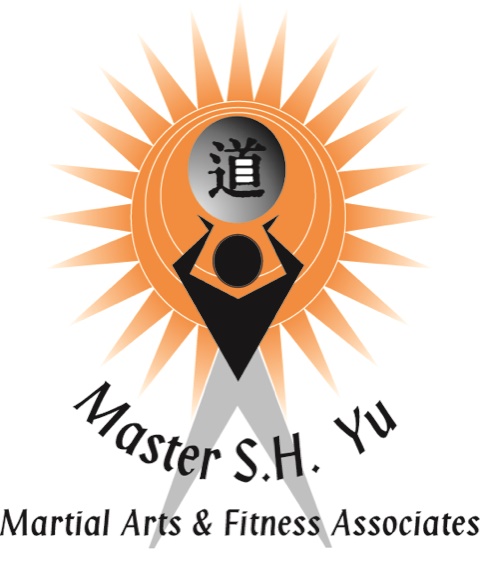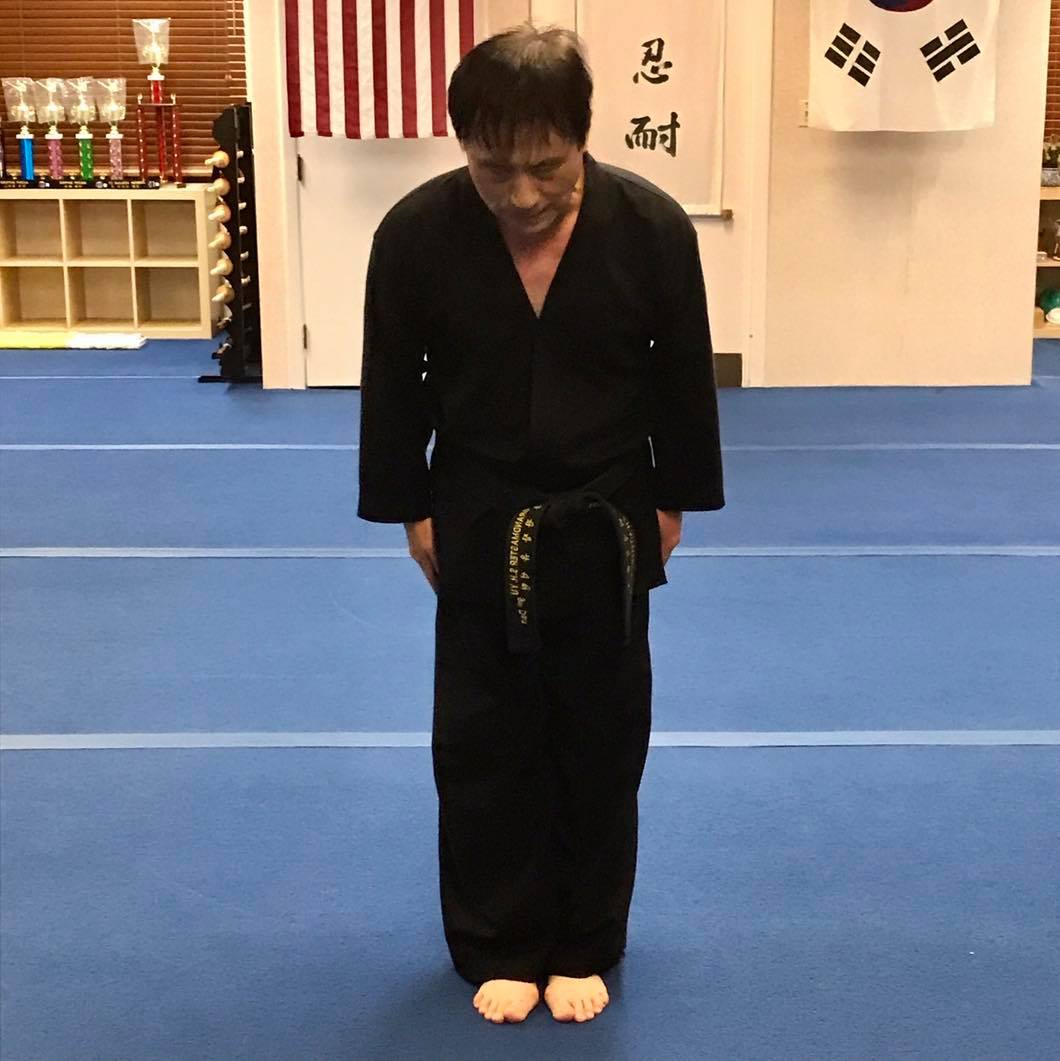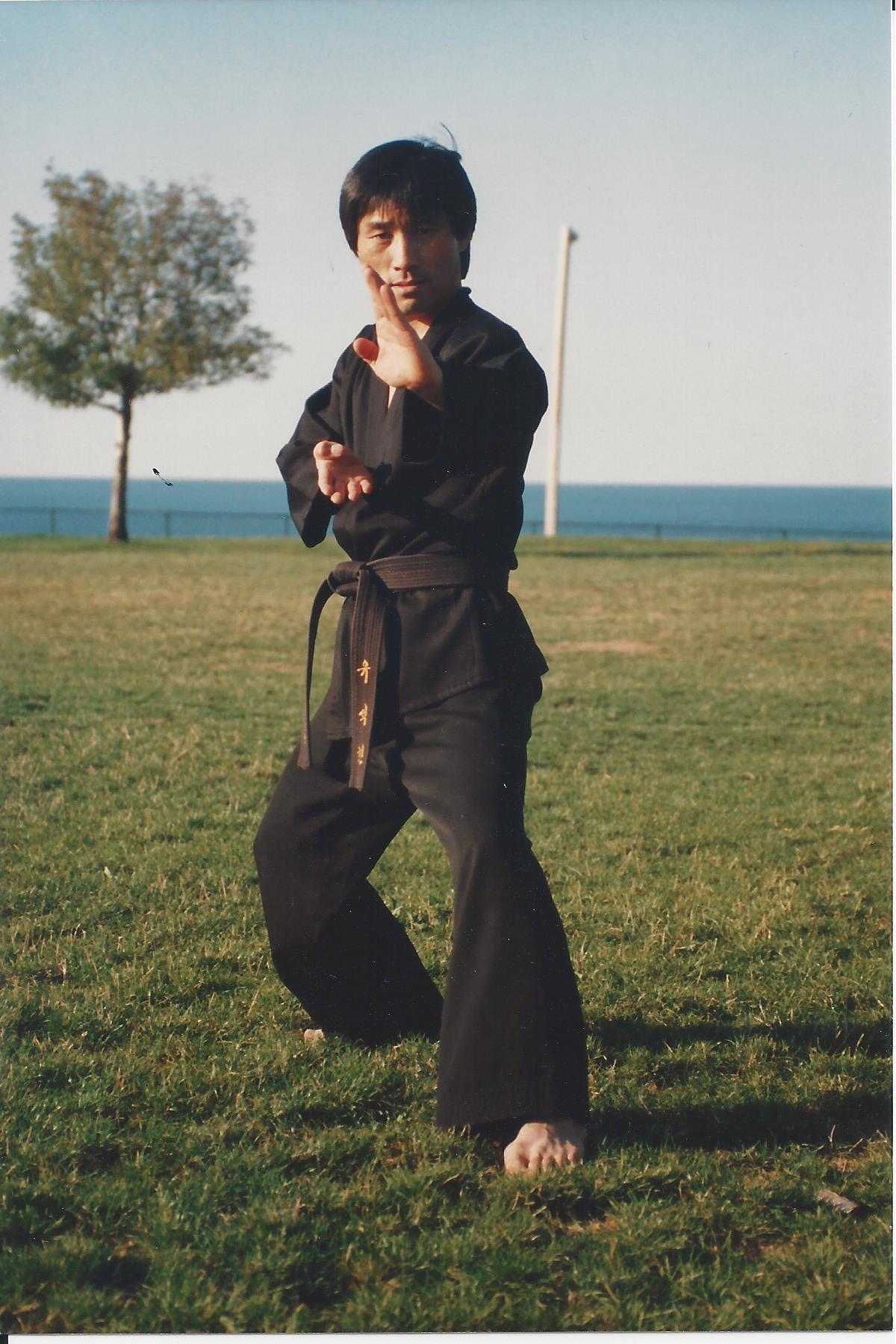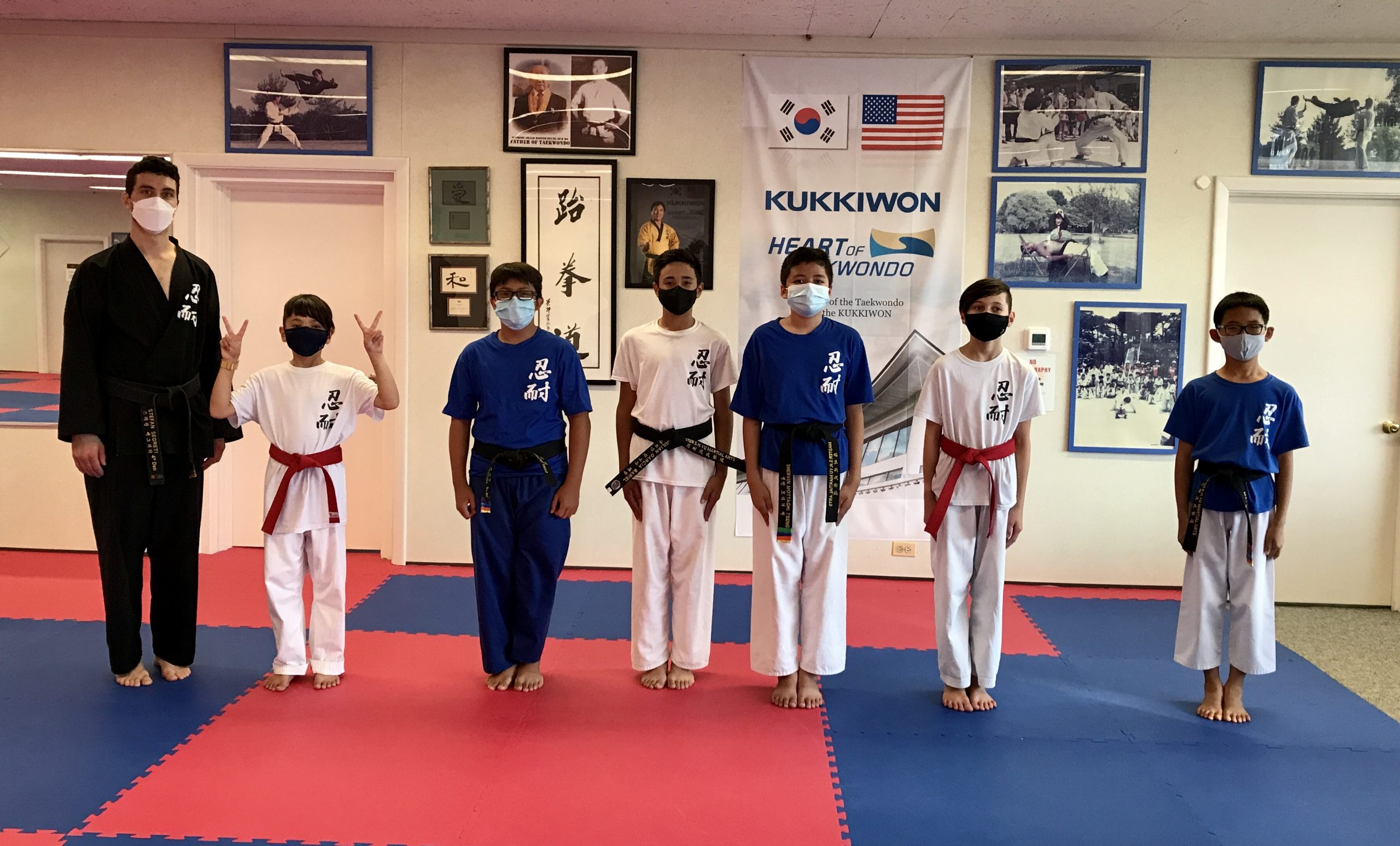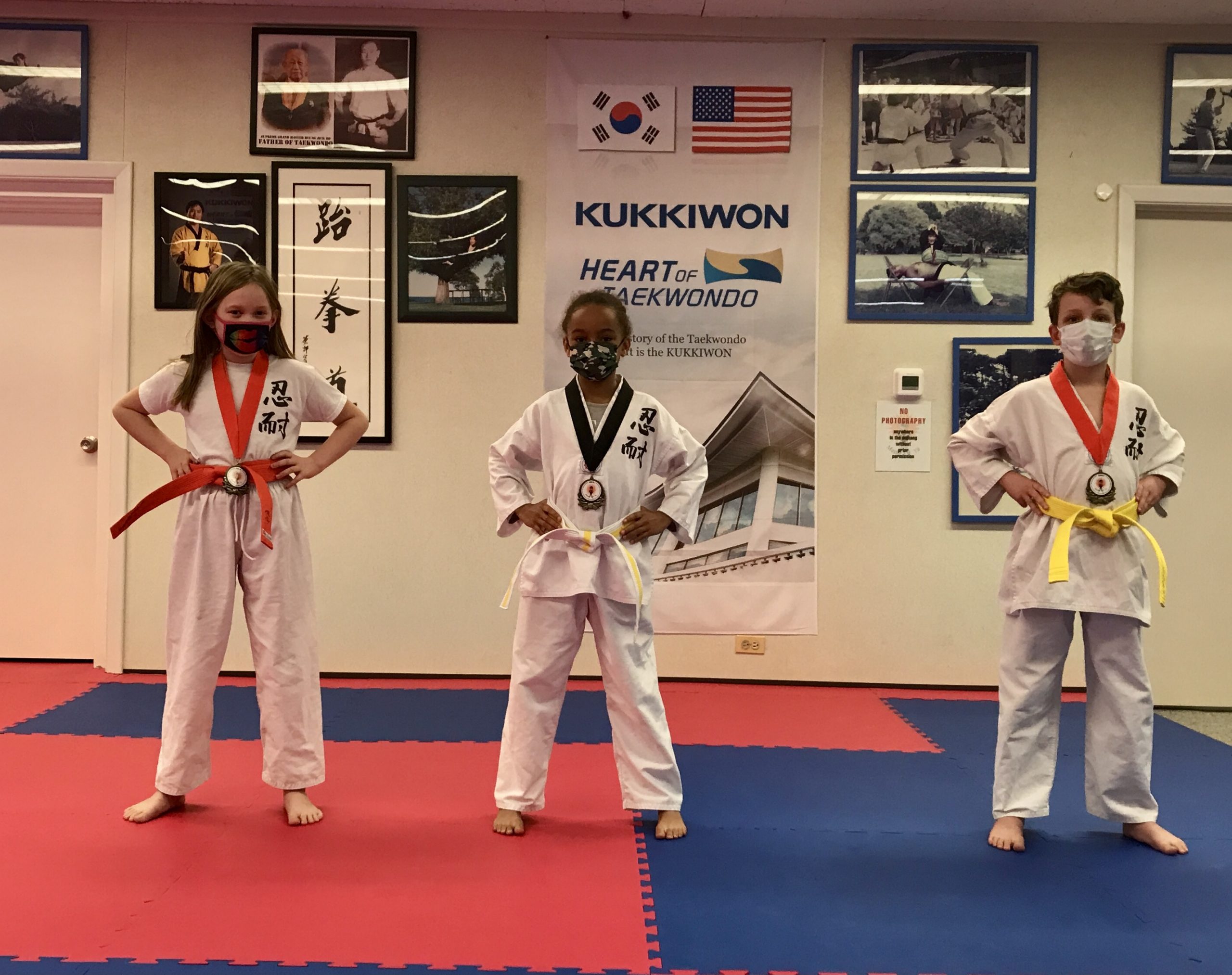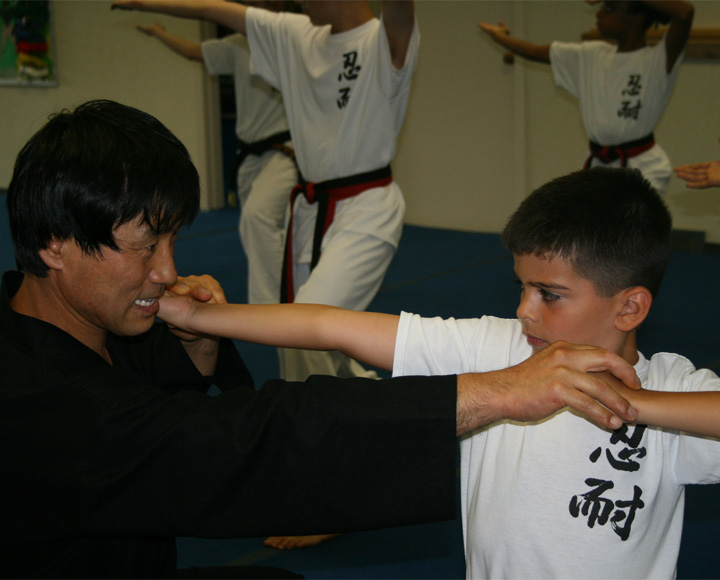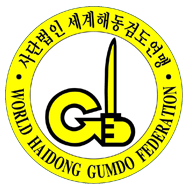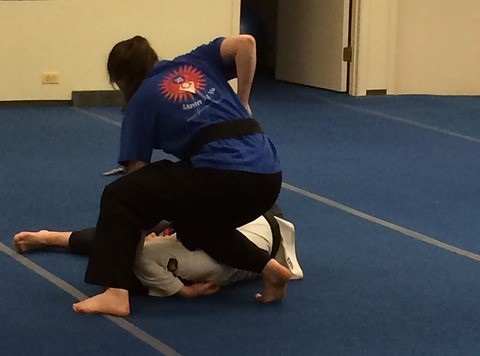
Benefits of Aikido and Hapkido
Updated on August 2nd, 2021 at 07:47 pm
Students who study the martial arts are on a lifetime journey toward realizing their physical and mental potential. Diverse disciplines within martial arts suit the needs of various individuals. Two forms of martial arts, aikido and hapkido, are especially attractive to many students, and are an important part of our curriculum.
What is Aikido?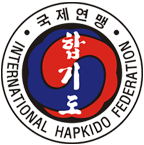
Aikido is a Japanese martial art that was founded in the early twentieth century by Morihei Ueshiba, a martial artist devoted to training in both the armed and unarmed martial arts disciplines. Aikido is currently one of the most widely practiced forms of martial arts in the world.
Centuries of Japanese martial arts knowledge culminated in a sophisticated system of throwing, joint locking and striking and pinning techniques—otherwise known as Aikido. However, Ueshiba intended Aikido to be more than a method of fighting. He aimed for the development of internal integrity, too.
The ideal practitioner of Aikido is more than a fighter; he or she is a model citizen, deriving power from uprightness, loyalty and courage. Bound by duty and values, the traditional Aikido warrior is prepared to sacrifice life—but never honor.
Aikido was intended to be a path of self-development. Individuals belonging to any nation or creed have the chance to follow the same path. Students who intensely train in Aikido aim to reach true wisdom and develop human character.
1. Self-defense
The benefits of studying Aikido are many and diverse. One recognizable benefit is that practitioners improve their self-defense techniques. Students of Aikido are better able to defend themselves against a range of attacks, because they receive training in both the mental and physical realm.
2. Conflict Resolution
Mental calmness and maintaining one’s physical center are unique advantages of practicing Aikido. The practitioner handles stressful situations with ease. The positive state of mind Aikido produces helps practitioners resolve conflicts in a range of settings, whether at school, home, work or on the street.
3. Awareness
The Aikido practitioner is known to develop greater awareness of his or her body as well as environment. By developing spirit, the martial artist grows to be more relaxed and confident. The Aikido student gains knowledge about himself or herself, which promotes goal setting and self-discipline.
4. Physical Development
The Aikido martial artist develops physically, too. Students increase strength and flexibility. Regular training leads to greater aerobic conditioning. Improved posture, reactions, coordination, sense of timing and balance are physical benefits of frequent practice. Pain relief is also a welcome benefit.
What is Hapkido?
Translated from Korean to English, Hapkido means “way of coordinated power”. The several thousands of techniques within this discipline are based on three primary principles: harmony, water and circular motions: think a tornado or hurricane … gathering energy from the center and deflecting. The Hapkido practitioner capably adapts techniques for use in self-defense scenarios.
Unlike Aikido, Hapkido is a Korean martial art. Similar to Aikido, however, is that Hapkido is practiced all over the world. This specialized martial art does not require great physical strength to apply techniques; rather, minimal force, strategy and circular energy are used to overcome an opponent.
1. Accessibility
Hapkido is immensely popular due to the fact than anyone of any strength, weight, age or gender can successfully practice this art of self-defense. Upon learning linear and circular techniques, the martial artist is capable of handling a diverse range of confrontational situations.
In fact, students of varying strengths and abilities learn to see opponents as an energy force rather than a large mass. Rather than use brute force, the Hapkido practitioner uses precision to overcome a bigger opponent. Hapkido practitioners require little physical strength to succeed.
2. Self-defense
While Hapkido students learn a range of kicks and punches, they also study wrist and joint locks, human nerve and pressure points, and twisting and throwing techniques. About 270 categories of specialized actions are learned, and each category integrates 3400 techniques.
Hapkido is frequently learned by security personnel who may need to physically restrain an offender. The discipline’s grabbing, joint locking, and pressure point techniques allow the martial artist to subdue an attacker without causing unintended physical injury. In threatening situations, Hapkido’s bone-breaking maneuvers can be life-saving.
3. Physical Development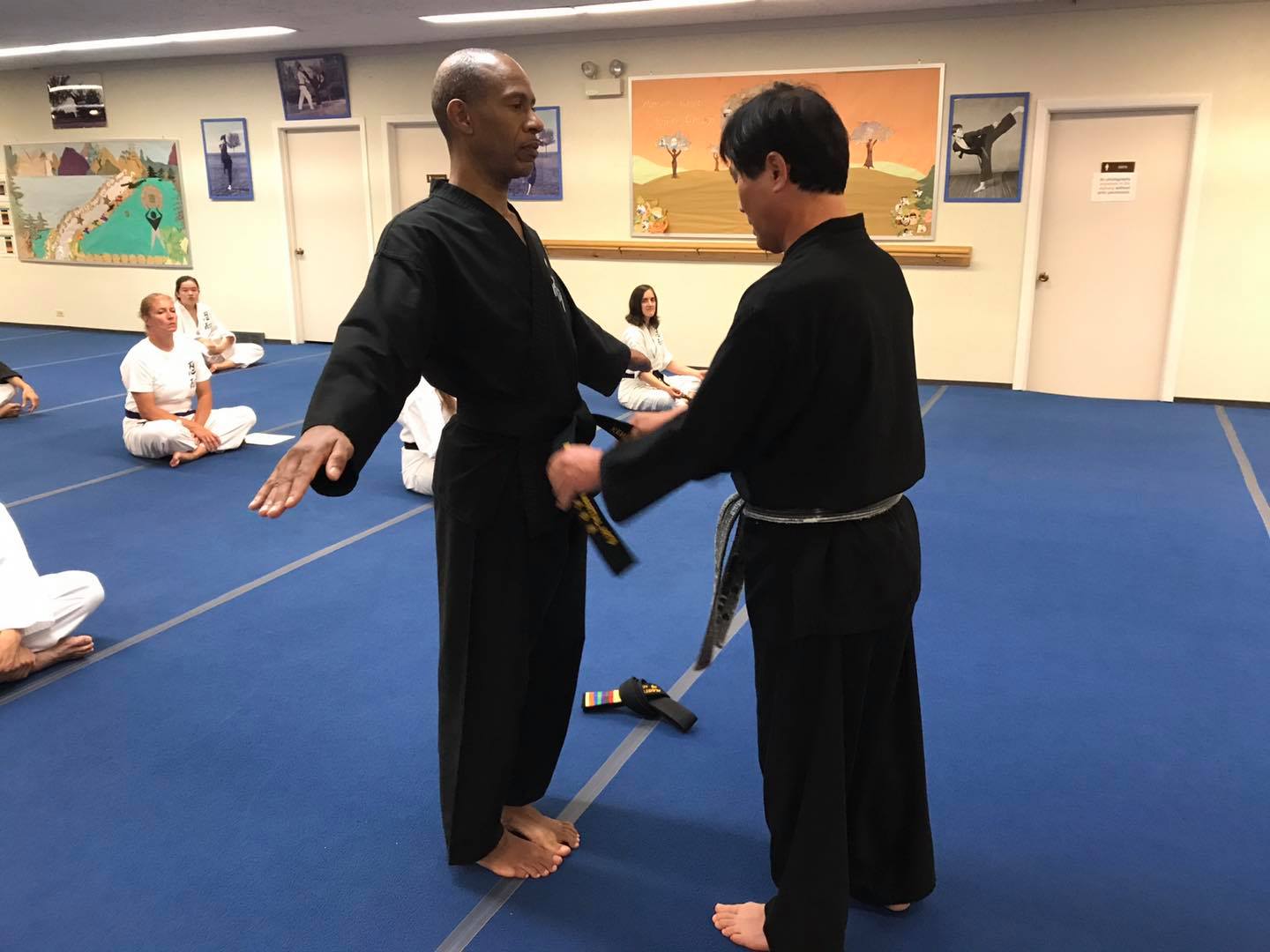
As Hapkido students learn and practice both self-defense and offensive techniques, they simultaneously improve their overall physical health. Through systematic training and regular exercise, Hapkido practitioners develop muscle tone, grow muscle mass, improve posture, and maintain a healthy body weight.
4. Mental Enhancement
The mental advantages are as invaluable as the physical benefits that Hapkido students experience. Practitioners of this discipline become more self-confident and are better able to practice self-control of both mind and body. Spiritual fulfillment is another prized benefit of studying Hapkido.
Starting a martial arts program leads to a range of physical and mental health benefits. Students learn not only life-saving self-defense techniques, but they expand their spiritual horizons. Healthy competition and goal setting are a few of the many advantages of pursing lessons in the martial arts.
Practice Aikido and Hapkido with Master S.H. Yu Martial Arts
Whether you naturally lean toward Aikido or Hapkido, you’ll need an experienced and skilled martial arts teacher to help you excel. The highly trained martial arts masters at Master S.H. Yu Martial Arts will support you in training and achieving your goals of martial arts mastery.
Sr. Grandmaster Yu is qualified to teach Hapkido and earned his 8th Dan certification through the International Hapkido Federation. Effective instruction in the mixed martial arts discipline of Aikido is also provided by the many qualified teachers at our highly rated martial arts school.
When learning Aikido at our reputable facility, you will train not only your physical body but your mind and spirit. Hapkido lessons will enhance your self-defense skills. No matter which of the two disciplines you choose, you will learn to positively approach stressful real-life situations.
Start Your Martial Arts Journey with Sr. GrandMaster Yu
Choose Master S.H. Yu Martial Arts when you or your family aims to take life-changing martial arts classes. Sr Grandmaster Yu and our instructors are qualified to offer expert instruction. We welcome students from Chicago and the surrounding suburbs to start classes at our Oak Park, Illinois, location.
Give us a call at (708) 383-3456 or fill out a contact form for more information. We look forward to meeting you!
